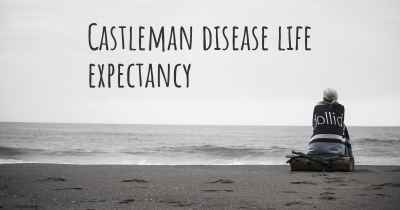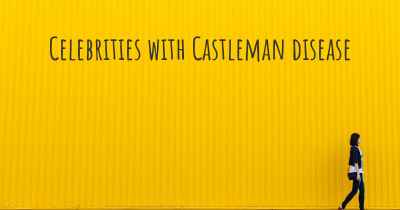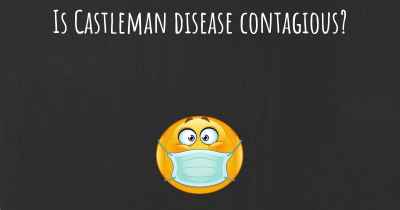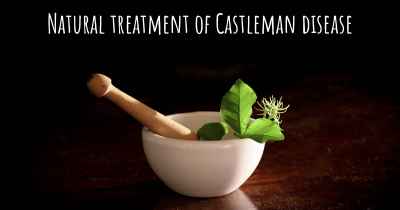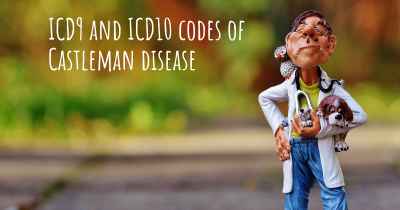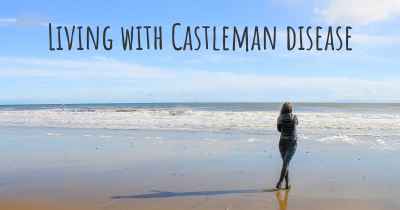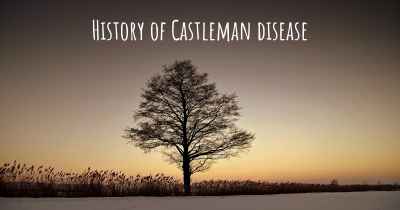Is Castleman disease hereditary?
Here you can see if Castleman disease can be hereditary. Do you have any genetic components? Does any member of your family have Castleman disease or may be more predisposed to developing the condition?

Castleman disease is a rare disorder characterized by abnormal growth of lymph nodes. It is not typically considered a hereditary condition, as there is no evidence to suggest a direct genetic link. The exact cause of Castleman disease is still unknown, but it is believed to involve an overactive immune response. While it is not inherited, some cases have been reported in families, suggesting a possible genetic predisposition. Further research is needed to fully understand the underlying factors contributing to Castleman disease.
Castleman disease is a rare disorder that affects the lymph nodes and related tissues. It is characterized by the abnormal growth of cells in these areas, leading to the development of enlarged lymph nodes. There are two main types of Castleman disease: unicentric Castleman disease (UCD) and multicentric Castleman disease (MCD).
Unicentric Castleman disease (UCD) is the more common form and typically involves a single group of lymph nodes. It is usually not hereditary and is thought to occur sporadically, without a clear genetic cause. UCD is often localized and does not spread to other parts of the body. The exact cause of UCD is still unknown, but it is believed to be related to an abnormal immune response.
Multicentric Castleman disease (MCD), on the other hand, is a more aggressive and systemic form of the disease. It involves multiple groups of lymph nodes and can affect various organs and tissues throughout the body. Unlike UCD, MCD can be associated with certain viral infections, such as human herpesvirus-8 (HHV-8) or human immunodeficiency virus (HIV). However, it is important to note that MCD is not directly inherited from parents.
While Castleman disease itself is not considered hereditary, there may be certain genetic factors that predispose individuals to develop the condition. Research suggests that certain gene mutations and variations may increase the risk of developing Castleman disease, particularly in individuals with MCD. However, these genetic factors are not the sole cause of the disease and are likely to interact with other environmental or immune-related factors.
It is important to note that Castleman disease is a rare condition, and most cases occur sporadically without a clear genetic cause. The disease can affect individuals of any age, gender, or ethnic background. If you suspect you or a loved one may have Castleman disease, it is crucial to consult with a healthcare professional for an accurate diagnosis and appropriate management.
